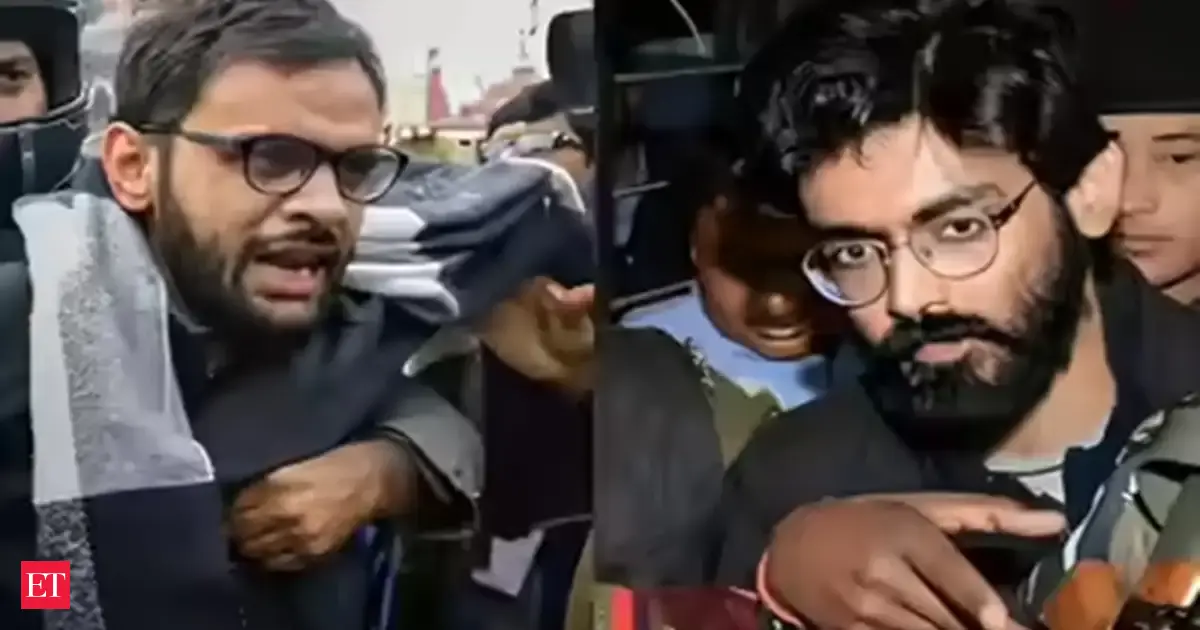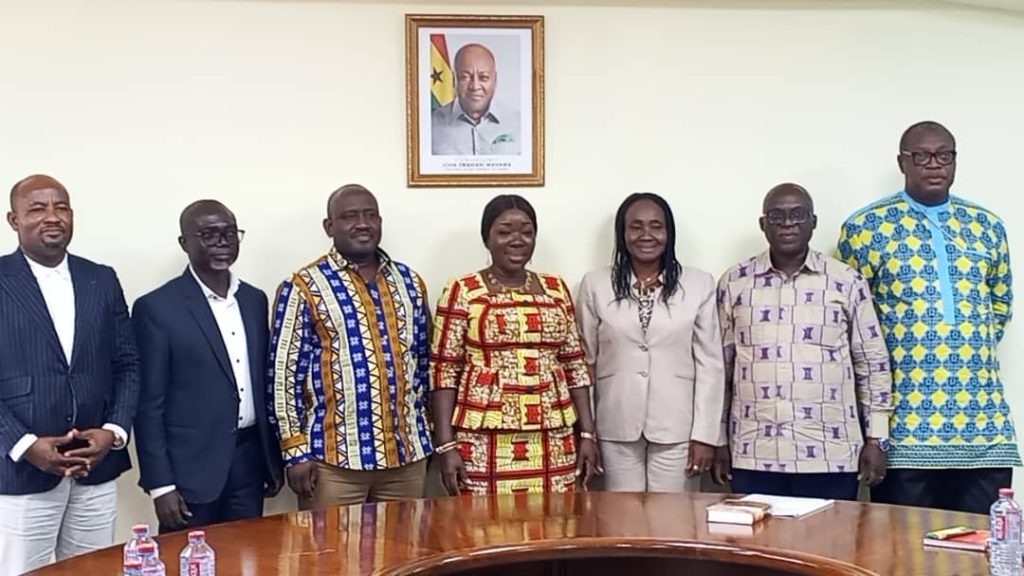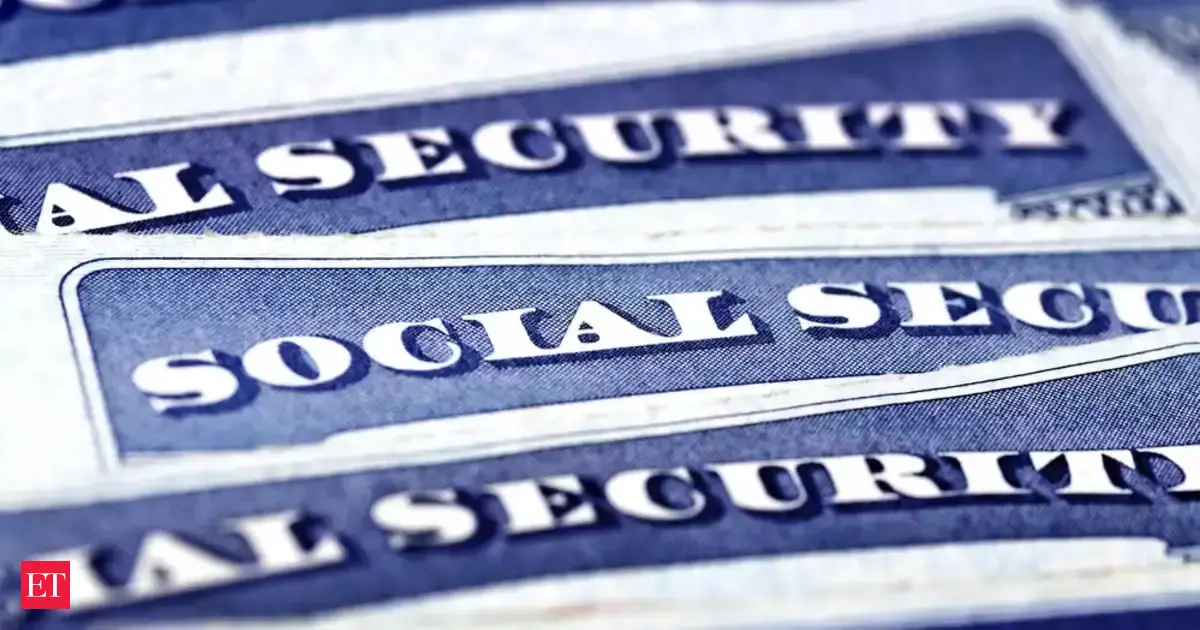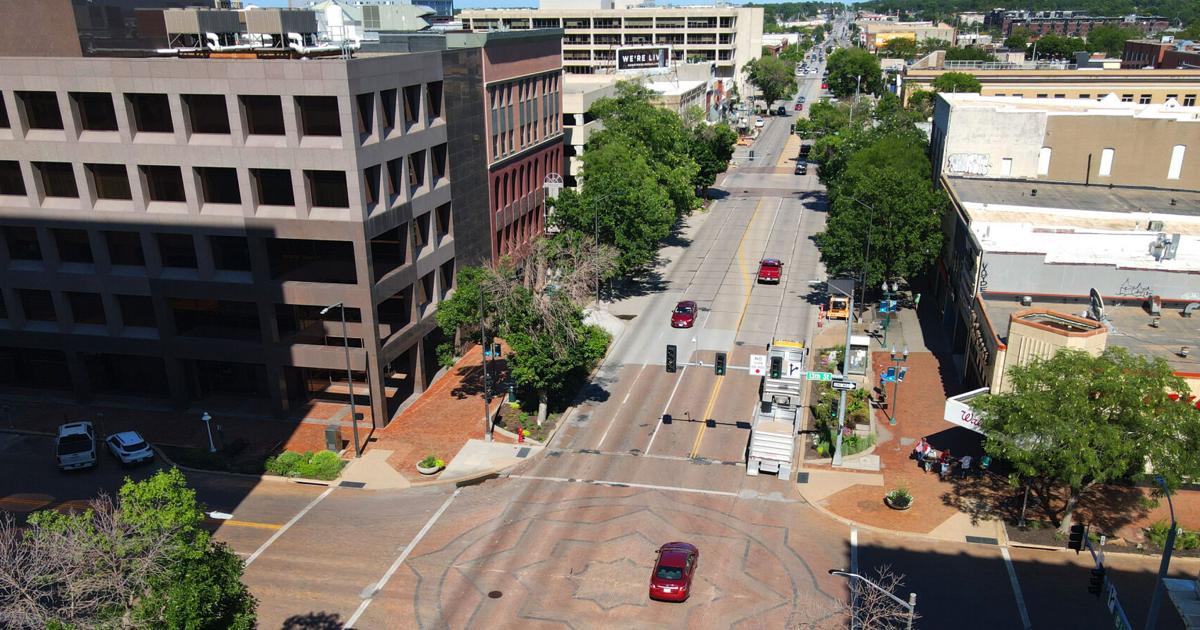
To place an obituary, please include the information from the obituary checklist below in an email to obits@pioneerpress.com. There is no option to place them through our website. Feel free to contact our obituary desk at 651-228-5263 with any questions.
General Information:
Your full name,
Address (City, State, Zip Code),
Phone number,
And an alternate phone number (if any)
Obituary Specification:
Name of Deceased,
Obituary Text,
A photo in a JPEG or PDF file is preferable, TIF and other files are accepted, we will contact you if there are any issues with the photo.
Ad Run dates
There is a discount for running more than one day, but this must be scheduled on the first run date to apply.
If a photo is used, it must be used for both days for the discount to apply, contact us for more information.
Policies:
Verification of Death:
In order to publish obituaries a name and phone number of funeral home/cremation society is required. We must contact the funeral home/cremation society handling the arrangements during their business hours to verify the death. If the body of the deceased has been donated to the University of Minnesota Anatomy Bequest Program, or a similar program, their phone number is required for verification.
Please allow enough time to contact them especially during their limited weekend hours.
A death certificate is also acceptable for this purpose but only one of these two options are necessary.
Guestbook and Outside Websites:
We are not allowed to reference other media sources with a guestbook or an obituary placed elsewhere when placing an obituary in print and online. We may place a website for a funeral home or a family email for contact instead; contact us with any questions regarding this matter.
Obituary Process:
Once your submission is completed, we will fax or email a proof for review prior to publication in the newspaper. This proof includes price and days the notice is scheduled to appear.
Please review the proof carefully. We must be notified of errors or changes before the notice appears in the Pioneer Press based on each day’s deadlines.
After publication, we will not be responsible for errors that may occur after final proofing.
Online:
Changes to an online obituary can be handled through the obituary desk. Call us with further questions.
Payment Procedure:
Pre-payment is required for all obituary notices prior to publication by the deadline specified below in our deadline schedule. Please call 651-228-5263 with your payment information after you have received the proof and approved its contents.
Credit Card: Payment accepted by phone only due to PCI (Payment Card Industry) regulations
EFT: Check by phone. Please provide your routing number and account number.
Cash: Accepted at our FRONT COUNTER Monday – Friday from 8:00AM – 3:30PM
Rates:
The minimum charge is $162 for the first 10 lines.
Every line after the first 10 is $12.20.
If the ad is under 10 lines it will be charged the minimum rate of $162.
On a second run date, the lines are $8.20 per line, starting w/ the first line.
For example: if first run date was 20 lines the cost would be $164.
Each photo published is $125 per day.
For example: 2 photos in the paper on 2 days would be 4 photo charges at $500.
Deadlines:
Please follow deadline times to ensure your obituary is published on the day requested.
Hours
Deadline (no exceptions)
Ad
Photos
MEMORIAM (NON-OBITUARY) REQUEST
Unlike an obituary, Memoriam submissions are remembrances of a loved one who has passed. The rates for a memoriam differ from obituaries.
Please call or email us for more memoriam information
Please call 651-228-5280 for more information.
HOURS: Monday – Friday 8:00AM – 5:00PM (CLOSED WEEKENDS and HOLIDAYS)
Please submit your memoriam ad to memoriams@pioneerpress.com or call 651-228-5280.
St. Paul police overtime spending was down about half a million dollars in the first half of the year compared to the same period last year, the assistant chief told the city council Wednesday.
There was back-and-forth between the city council and the mayor’s office last year about heavy police overtime spending, and the city council requested a report from the police department about it.
Though the police department has an authorized strength of 619 officers, they haven’t been able to keep their ranks fully staffed. There are 562 officers on the payroll, with 539 available to work, according to the police department.
Most of the $1.4 million in police overtime spending from the general fund for the first six months of this year has been to cover staff shortages — $579,000.
“Like many cities across the country, we’ve relied on overtime as a stop gap to cover a lot of our staffing needs,” which also happens in the fire department, said City Council Member HwaJeong Kim, vice chair of the budget committee, on Wednesday.
For better budgeting and planning, the city council wants to understand the actual costs of running the city, “especially when we’re talking to our residents about why we’re increasing property taxes by a certain amount every year,” said Council Member Saura Jost.
Mayor Melvin Carter presented his 2026 budget proposal on Sept. 4, which relies on a 5.3% property tax levy increase. The city council will finalize the budget in December.
Gun violence decreases, pushing down need for overtime
Another $113,417 in overtime this year has been for investigating homicides and major crimes, which is down from $151,041 last year as gun violence has fallen.
There have been eight homicides in St. Paul this year, compared to 19 in the city at this time last year. Forty-nine people have been injured in nonfatal shootings, according to preliminary information as of last week; there were 77 during the same period last year.
Nonfatal shootings were previously handled by homicide investigators. Designating investigators to solely solve nonfatal shootings led from a clearance rate of 38% at the end of 2023 to 71% for 2024 cases, according to the police department.
Kim said they’re proud of the police department’s success in reducing gun violence.
“At the same time, the city has … limited revenue tools beyond property taxes, state aid,” she said. “… As a council, we definitely have a fiduciary responsibility to ask tough questions, but necessary questions about how we allocate resources.”
The city’s general fund is on the hook for overtime that happens when officers get a call late in their shift and have to stay to finish it, SWAT team call-outs and middle-of-the night investigations for major crimes.
Overtime also results from filling in shifts due to being short staffed. The discrepancy between the number of officers on the payroll and how many are able to work is due to officers on medical or military leave, among other reasons.
Overtime for rallies and protests, and for presidential or dignitary visits, also comes out of the general fund.
Overtime for events
Two types of overtime are fully reimbursed: Contractual, when a business hires an officer to work as off-duty security; and special event, when officers work at sporting events, festivals or concerts. The total police overtime, including those two types, was nearly $5.2 million vs. $5.7 million in the first half of the year compared to the same time last year, according to the police department.
Officers sign up for overtime based on seniority, and businesses and organizations are currently charged a flat rate of $126 per hour, regardless of an officer’s rank, said Assistant Police Chief Paul Ford.
Council Member Anika Bowie said, in talking to event organizers, she hears the police department decides how many officers to assign even if organizers have their own private or volunteer security. Ford said they look for ways to reduce the number of officers they use to staff events.
Various organizers of events in St. Paul have brought up concerns about increasing police costs.
“We want to help bolster our free and open-to-the public events and festivals,” Bowie said.
Council has been asking for info
Wednesday’s presentation by Ford happened after three city council members wrote in a June memo that they’d requested police overtime information from the mayor’s office in April and May, but hadn’t received a response.
“The administration has remained in regular contact with council leadership and staff over the course of the year on an array of topics heading into the 2026 budget process,” Jennifer Lor, Carter’s spokesperson, said in a statement.
The council memo formally requested the police department provide a report about overtime by Aug. 6. The timeline was pushed back due to the cyberattack on the city, Council Member Cheniqua Johnson said.



